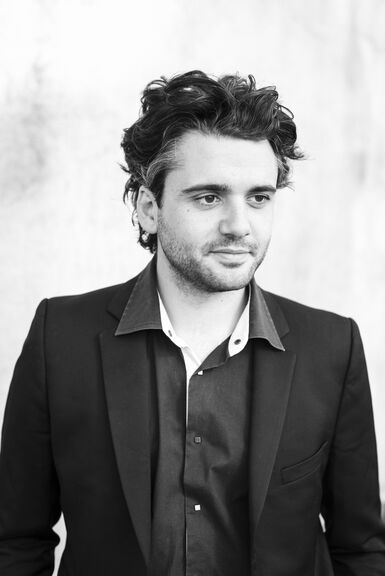
Brussels Philharmonic, Reinoud Van Mechelen
LES NUITS D’ÉTÉ - Berlioz & Mendelssohn
When, during his stay in Rome, Berlioz heard that his beloved in Paris had married someone else in his absence, he decided to take gruesome revenge. He rushed to the French capital with two pistols and a bottle of poison. It was a long journey though, and Berlioz's rage gradually cooled. Between Rome and Florence, he read Shakespeare's King Lear and soon he was gripped more by the drama played out on the page than by his own bloody plans. In Nice, he abandoned his journey and started to write a concert overture that succeeded admirably in capturing the essence of King Lear, a tragedy about a king who tried to divide his wealth between his three daughters.
Les Nuits D’été is a collection of six songs that Hector Berlioz based on six poems by Theophile Gautier, his friend and neighbour in Paris during the years 1830-1840. The unifying theme throughout the songs is love. Youthful innocence and passionate intimacy soon give way to tragic loss and great sorrow. In the final song there comes a readiness to open the heart to a new love. Les Nuits D’été is not a piano and song cycle in the style of Schubert and Schumann; the exquisite orchestration is much more reminiscent of the musical expression Mahler gave to works of poetry.
Like Berlioz, Mendelssohn was also fascinated throughout his life by the work of Shakespeare. At the age of 17 he wrote a concert overture to A Midsummer Night’s Dream after reading it in a German translation. Many years later, at the request of the King of Prussia, Mendelssohn wrote the music for a production of what is perhaps Shakespeare's best known comedy. The purely instrumental sections of this incidental music, played in sequence, form a fairy tale suite of which the Wedding March is the best known.
Flagey, Brussels Philharmonic, Klarafestival




In the context of
Klarafestival 2022
Let’s Stick Together
